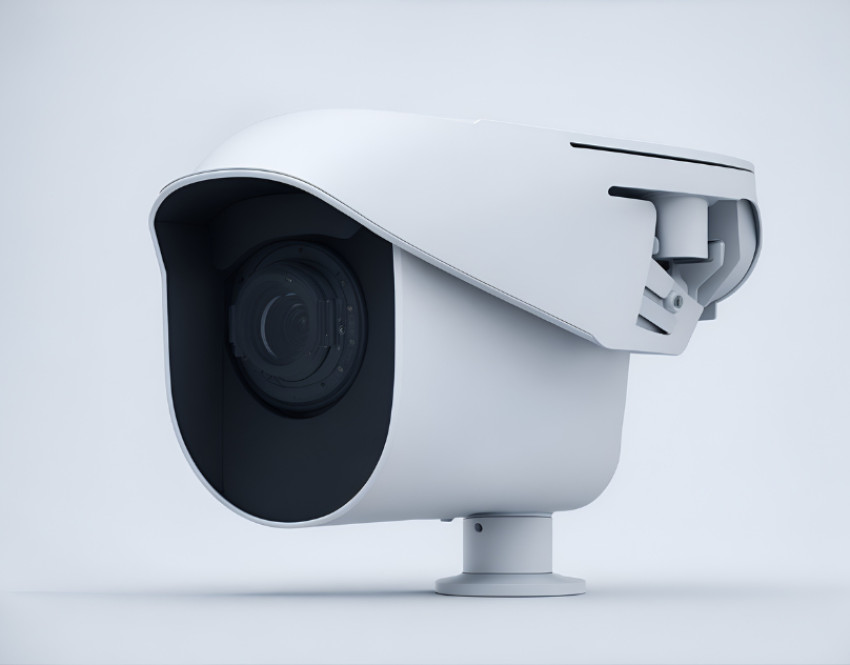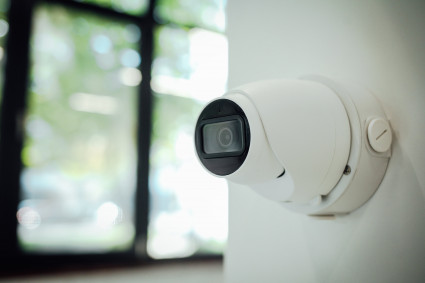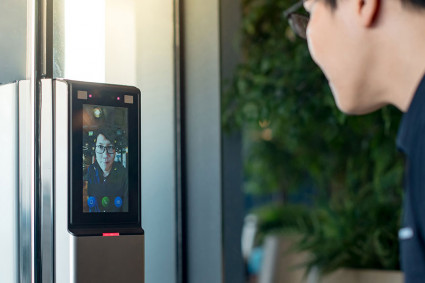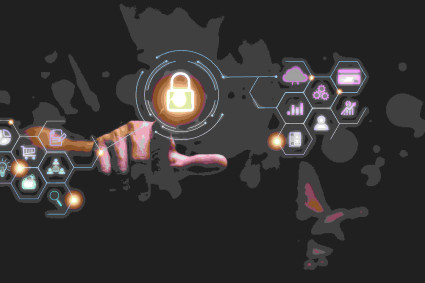
Closed-circuit television (CCTV) refers to a system of video surveillance that utilizes cameras to transmit signals to a specific set of monitors for monitoring, recording, and in some cases, analysis. CCTV systems are commonly used for security, surveillance, and safety purposes in various settings such as residential areas, commercial establishments, and public spaces.
Internet connectivity plays a crucial role in modern CCTV systems, enabling remote access to live feeds, recordings, and system management. It allows users to monitor their premises from anywhere with an internet connection, enhancing security and providing peace of mind.
Factors influencing Internet usage for CCTV
Resolution and quality of video
The resolution and quality of video captured by CCTV cameras significantly impact internet usage. Higher resolution and better quality footage require more bandwidth for transmission and storage.
Number of cameras
The number of cameras in a CCTV system directly correlates with the amount of data being transmitted over the internet. More cameras mean more data, increasing internet usage.
Continuous vs. event-based recording
CCTV systems can operate in either continuous recording mode or event-based recording mode. Continuous recording consumes more bandwidth as it continuously streams video footage. In contrast, event-based recording triggers recording only when motion or other predefined events are detected, reducing overall internet usage.
Compression techniques
Compression techniques such as H.264 and H.265 are commonly used to reduce the size of video files, thereby decreasing bandwidth requirements. However, higher compression ratios may result in lower video quality.
Estimation of daily Internet usage for CCTV
Calculation based on resolution and quality
Higher resolution cameras produce larger video files, requiring more bandwidth for transmission. For example, a 1080p camera may use more bandwidth compared to a 720p camera capturing the same footage.
Calculation based on the number of cameras
The number of cameras in a CCTV system directly influences internet usage. Each additional camera adds to the total data transmitted over the internet.
Calculation based on recording duration
The duration for which CCTV cameras record footage also affects internet usage. Longer recording durations result in more data being transmitted and stored.
Comparison of data usage for different scenarios
Comparing the data usage of various scenarios, such as different camera resolutions, recording durations, and compression techniques, can help determine the most efficient setup for minimizing internet usage.
Strategies to optimize Internet usage for CCTV
Utilization of motion detection
Motion detection technology can significantly reduce internet usage by triggering recording only when motion is detected, thus eliminating the need for continuous streaming.
Scheduled recording
Scheduled recording allows users to define specific times for recording, reducing unnecessary internet usage during off-peak hours or when premises are less likely to require monitoring.
Use of lower resolution cameras
Opting for lower resolution cameras can decrease bandwidth requirements without sacrificing essential surveillance capabilities. This approach is suitable for scenarios where high-definition video is not necessary.
Implementing bandwidth management tools
Bandwidth management tools can prioritize CCTV traffic over other internet activities, ensuring smooth transmission of video data without causing disruptions to other online operations.
Are you ready to buy this product? It’s easy to purchase by visiting our product page!
Conclusion
Factors such as resolution, number of cameras, recording mode, and compression techniques significantly impact internet usage in CCTV systems.
By implementing strategies to optimize internet usage, CCTV system operators can minimize bandwidth requirements, reduce associated costs, and enhance overall system performance and reliability. These optimizations ensure that CCTV systems remain effective and efficient tools for security and surveillance purposes.
In conclusion, optimizing internet usage for CCTV systems requires careful consideration of various factors and the implementation of appropriate strategies. By leveraging technology and adopting efficient practices, users can maximize the benefits of CCTV surveillance while minimizing its impact on internet bandwidth.







